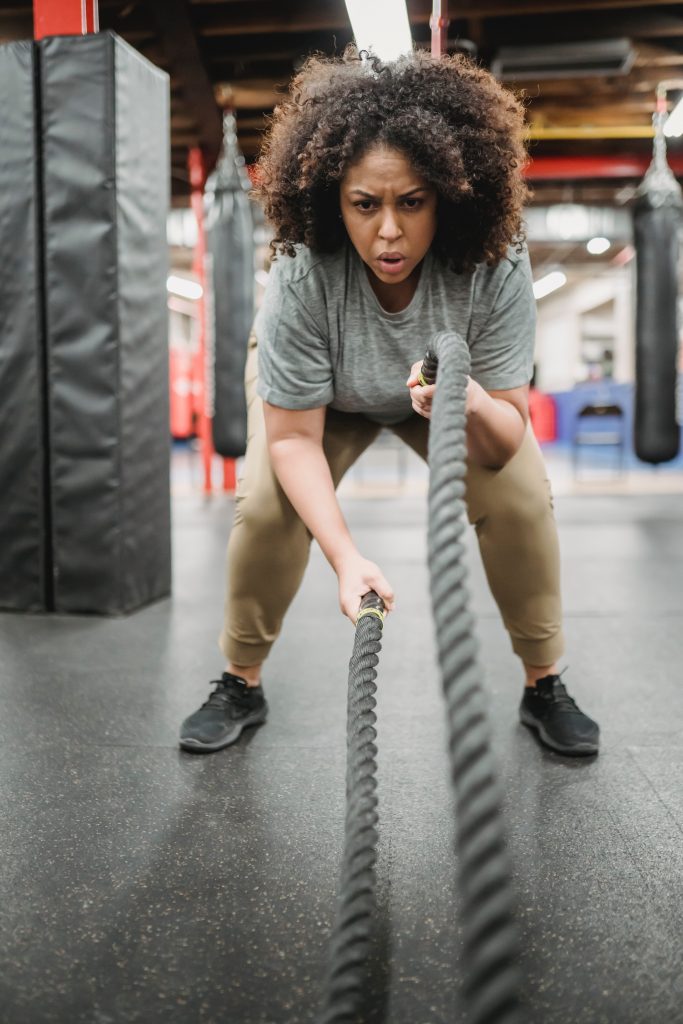The process of How long it will take to lose 100 pounds may feel impossible when someone is aiming to lose such a big amount. It is possible to shed off 100 pounds, and the most essential thing is knowing how to start. The journey to such a weight loss, should not be rushed. Anyone aiming to lose weight should aim to achieve safe and long-lasting results.

Basically, to shed off any amount of excess weight in a safe and healthy manner, someone should first set a specific goal of shedding two pounds every week. According to experts, one pound of fat is equivalent to 3,500 calories. This means you will need to burn 7,000 calories or more each week than you take to bring down two pounds every week.
How long does it take to lose 100 pounds?
When it comes to losing 100 pounds, it may take about 50 weeks for someone to achieve the goal of burning 100 pounds. To help you burn this amount of weight in a healthy way, dive into the tested and proven scientific tactics. Below are tips we have deep-researched for you to practice when trying to lose 100 pounds in the shortest time and in a safe way. [Related: How Long would take to lose 50 pounds.]
- Cut back on refined carbs and sugar
Refined carbs are rich in processed foods that no longer have nutrients and fiber. They are digested faster and converted into glucose. Once the excess glucose enters our blood, it provokes insulin hormone that promotes the fat storage in adipose tissue contributing to overweight. Try and swap sugary and processed foods for the healthful selection such as whole bread, rice, pasta than white versions. Also, consider taking seeds, nuts, fruits than the highly-sugar snacks, smoothies with milk or water instead of the fruit juice.
- Track your exercise and diet
Experts recommend that consistent tracking of your eating and physical activities may help you in weight loss. Track the food and the number of calories you consumed daily. To lose weight you need to burn more calories than you eat. You can use daily tracker devices such as an Apple Watch, Fitbit watch, etc…Follow a workout plan and set 30 minutes for your favorite aerobic exercise.
- Intermittent fasting
Intermittent fasting has shown to be very beneficial for someone’s health and weight loss. This practice includes eating meals within a certain window period in a day. There are multiple fasting hours. They are 12:12, 16:8, 24hours, 72 hours. 16:8 is a bit easier for someone who fasting for the first time. Which you fast for 16 hours and eat for 8 hours. Ensure to consume fewer calories and healthy meals when fasting.
- Eat mindfully
Mindful eating is one of the practice someone should pay attention to, when trying to lose such a large amount of weight. In this case, make food selections that are rich in fiber, and are nutrient-dense. Some examples of nutrient-dense foods include fruits, vegetables, whole grains, low-fat or fat-free milk products, seafood, lean meats, eggs, peas, beans, and nuts. Eating slowly also helps in weight loss as it gives someone’s brain ample time of recognizing fullness signals to stop you from overeating.
- Eat protein
Protein for breakfast may help regulate your appetite hormones to make you full for a longer period. This is because they decrease the hunger hormone and raise satiety hormones. Good choices for the healthy and high protein in your breakfast includes oats, eggs, seed butter, nut, sardines, chia seed pudding, and quinoa porridge.
- Get enough sleep
Several studies have linked inadequate sleep with obesity. The experts suggest that poor sleep does not help your metabolism, which may lead your body to store any unused energy to fat. Poor sleep may increase the production of cortisol and insulin also prompt fat storage. Sleeping 8 to 9 hours is recommended by experts, most probably when trying to lose 100 pounds in the shortest time possible.
- Balancing gut bacteria
Generally, the human gut tends to a vast variety and a vast number of microorganisms to be around 37 trillion bacteria. Each individual got his or her gut bacterial, and some tend to increase the energy at which the person is harvesting from food which leads to weight gain and fat deposition. You should aim at increasing the good bacteria using foods such as fermented foods, yogurt, kefir, kimchi, miso, probiotics, etc. Vegetables, fruits, and grains also can increase good bacteria.
- Eat more fiber
Including more fiber in your meals, is claimed to have increased the fullness feeling and proper digestion. The foods which can give healthy fiber include Oats, vegetables and fruits, seeds and nuts, beans, pulses and peas, whole-wheat pasta, barley, bread, whole grain bread, and rye.
- Manage the stress levels
Based on the experts stress may significantly rigger release of adrenaline & cortisol hormones which decreases the appetite being part of your body’s flight or fight response.
When someone is under too much stress, the cortisol hormone remains in your bloodstream for an extended time leading to more appetite. Which may lead to overeating. To manage stress, you can try relaxation and breathing techniques, meditation, tai chi, and yoga, or spend time doing outdoors activities.
Considering all these
When you are ready or planning to start a weight loss journey, it is essential to remember that there are no quick fixes. The best way you can maintain and reach a safe and healthy weight is by eating a well-balanced diet, exercising, aerobic exercises, and practicing some of the top tips like above.
- Do You Possibly Lose Weight If You Scratch Yourself? - July 30, 2023
- Do You Lose Weight When You Become a Teenager: 5 Important Factors. - April 23, 2023
- Can You Lose Weight By Gaming: 10 Effective Strategies. - April 16, 2023